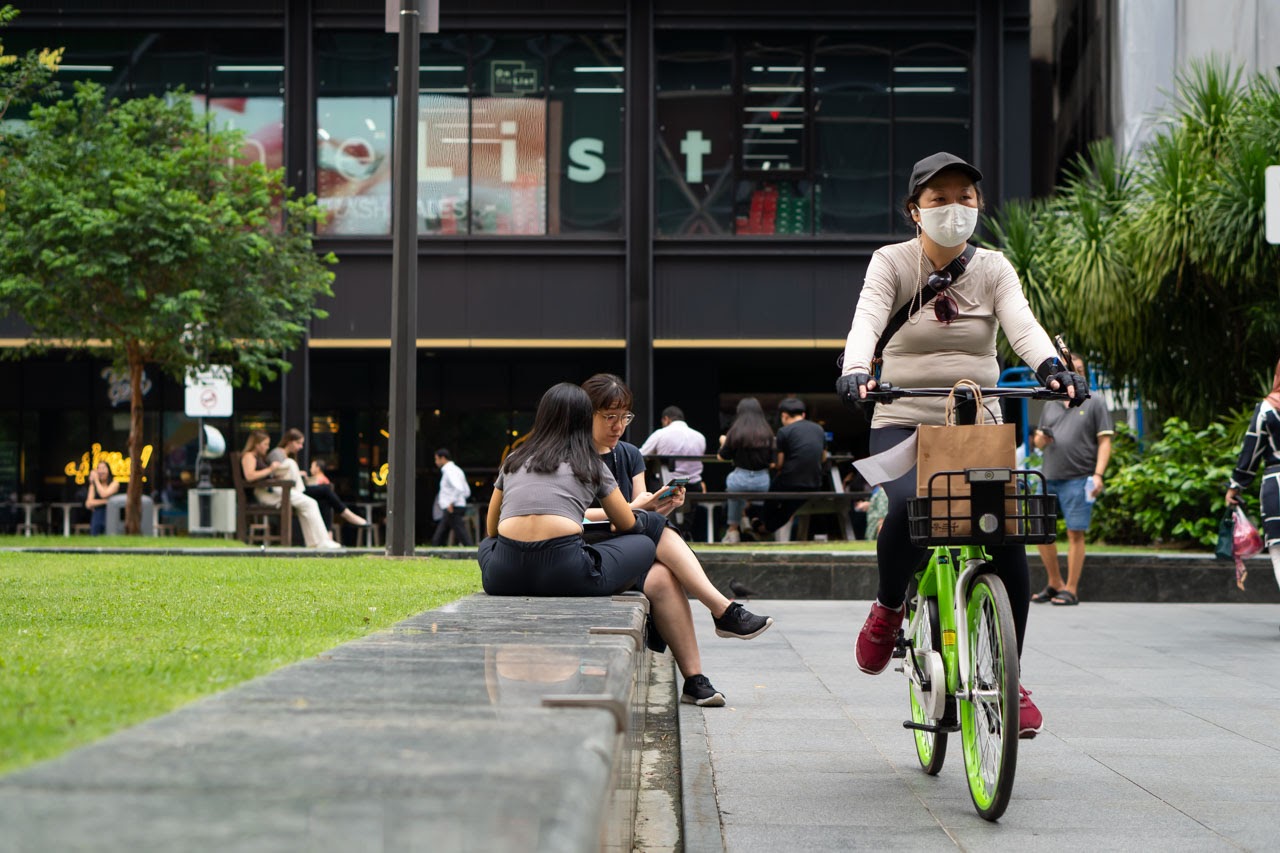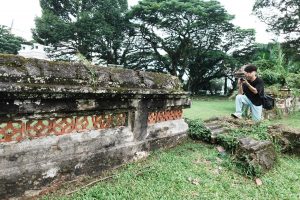Top image: Shiva Bharathi Gupta / RICE File Photo
When we’re young, our world is filled with endless possibilities. Dream jobs seem within our grasp. In our youth, we feel time is on our side.
Then, real life hits us. We realise that there are so many decisions to make that may or may not shape our careers. For most of us, we reach this juncture when we are old enough to enter the workforce—and also old enough to apply for university.
With so many university programmes out there to pursue and multiple career paths to explore, decision paralysis is common. Some of us may feel the need to graduate as fast as possible to keep up with our peers who are entering the working world. Some may also feel the need to immediately enter the workforce to gain precious on-the-job experience instead of enrolling in a university, if at all.
The path we end up on, however, is not always straightforward. There may be some who already know the industry they’d like to enter but want to study a relevant programme at a tertiary level to sharpen their skills before diving into working life.
Some rush the process, only to enter the workforce and find that their chosen field is not the one they’d like to pursue professionally. Others may even have studied and worked in a job for a long period of time, only to chase their passion and consider another stint as a student.
Ultimately, the question of timing comes up. Will you have enough time to pursue a degree while working? Should you spend time studying if you already know what you want to do? Is it too late for you to go back to university if you’ve already ventured out into the workforce?
The short answer: it depends.
Having It All Figured Out
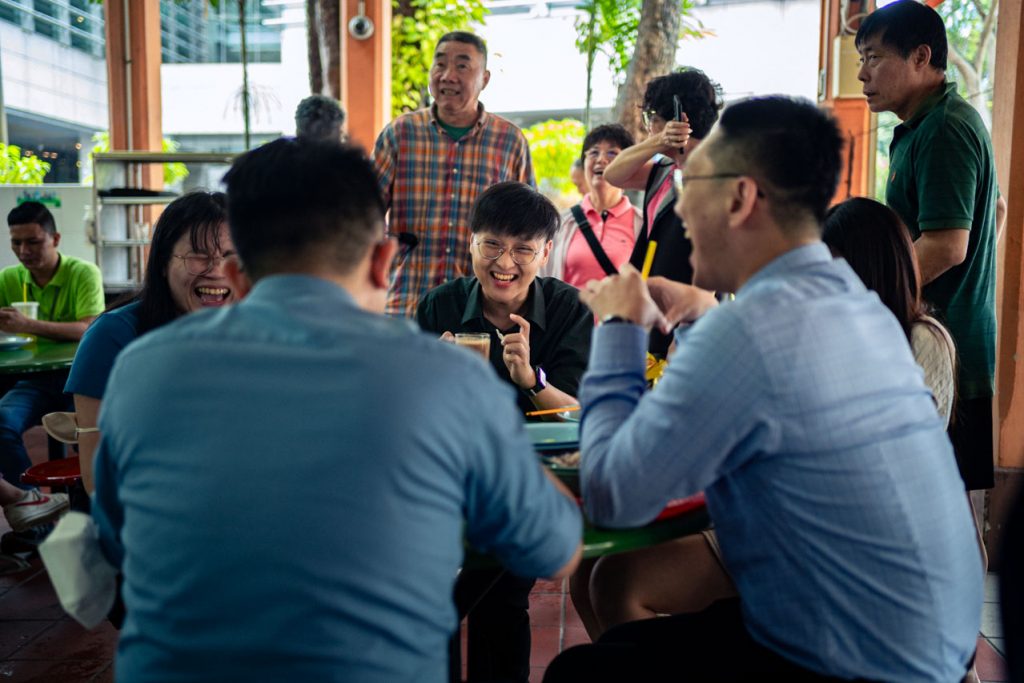
There are those among us who managed to develop some foresight early on: figuring out what we excel in and what career path we’d like to take. Indonesian student Yukiyo Touw is one of them.
Displaying an aptitude for chemistry since secondary school, his passion for the subject had been evident since he was young.
After finishing his International Baccalaureate, he decided to take a gap year to explore the field of chemistry, securing an internship in a palm oil company in Indonesia. “The internship gave me an insight into how management works and how you work together with other people in different departments to deal with different challenges,” he says.
“I also wanted to take my time easing into university life,” he continues, explaining how important it was for him to ensure that his chosen university programme would be the right fit.
His decision to take a gap year paid off well. The internship reaffirmed his passion, and he finally settled on the Singapore Institute of Technology’s (SIT) Chemical Engineering programme. What caught his attention was the university’s Integrated Work Study Programme (IWSP), which sees students taking on extended work placements between eight months to a year with companies in Singapore.
“You’re getting trained to be a full-time employee before you graduate,” he explains.
Still in his first year at SIT, Yukiyo has a lot to look forward to, like the Overseas Immersion Programme (OIP) his programme offers. It allows students to travel to Germany and develop their interpersonal and technical skills in the field, while exposing them to current industry challenges. Another is eventually going out into the working world and securing his ideal job as a lab technician.
I ask Yukiyo why he chose studies over work.
“A degree is the best way of securing the job I want,” he replies. “I believe that taking time before entering the professional sphere allows me to be better equipped to succeed.” More importantly, he adds, it gives him sufficient time to decide what he wants to do.

G. Ishani, a fellow SIT student, echoes Yukiyo’s sentiments. Her aptitude for computer engineering began in her polytechnic days (“I like to know why things are the way they are,” she says), and she feels it’s an area where “you can never stop learning.”
Fresh out of polytechnic just in 2023, Ishani set out to explore career and university options. She found success in securing job opportunities at the age of 20. A part of her also longed for the university experience—the time she would spend studying would be juggled with mapping out the trajectory for a future career.
With equal importance placed on both work and studies, Ishani decided to enrol in SIT’s Applied Computing Competency-based Stackable Micro-credentials (CSM) Pathway. The programme was created to meet the demands of the Infocomm Technology sector in Singapore, which is currently undergoing rapid transformation. Students in this programme are able to pursue a degree in Applied Computing, while also gaining on-the-job experience at the same time.
Maintaining work-life balance is one thing—managing work, life, and studies is another. Ishani is currently working full-time at Singtel under the CSM programme while also fulfilling the academic requirements of her studies at SIT.
“Work and study go hand in hand,” she says. Sometimes, she learns the basics of something from her programme, which she then applies to work and vice versa.
Apart from work and studies, Ishani is also able to learn more about other areas of interest within the IT industry, with SIT offering many different modules in different subjects that students are able to choose from. “It’s a good idea to pursue a programme like this because it maximises the time you have, and you get to find out what you like and dislike.”
It’s Okay to Change Your Mind

If you’re considering a mid-career switch, your dilemma might be more common than you think. Ask Janice Chua.
The 24-year-old studied Electrical and Electronic Engineering in polytechnic but realised it did not align with her interests. After obtaining her diploma, however, she obtained a scholarship opportunity as a Technical Officer in the industry. She decided to take it.
“I didn’t see myself pursuing further studies in the area,” she explains. “So I chose to work in the real world to gauge my interest in engineering.”
After two years, it still didn’t work out. But Janice felt some freedom afforded by her youth to switch careers entirely—from engineering to IT. It was the supply chain crisis that arose from the COVID-19 pandemic that spurred her on towards the field of IT, specifically in supply chain management. She’s now a Year 2 student awaiting her placement in the IWSP component of her programme.
“I decided to return to studying because I wanted to improve myself personally,” she says of her decision. “Taking time to explore different things and pursuing interests is important. That’s the only way to sustain yourself and avoid burnout.”
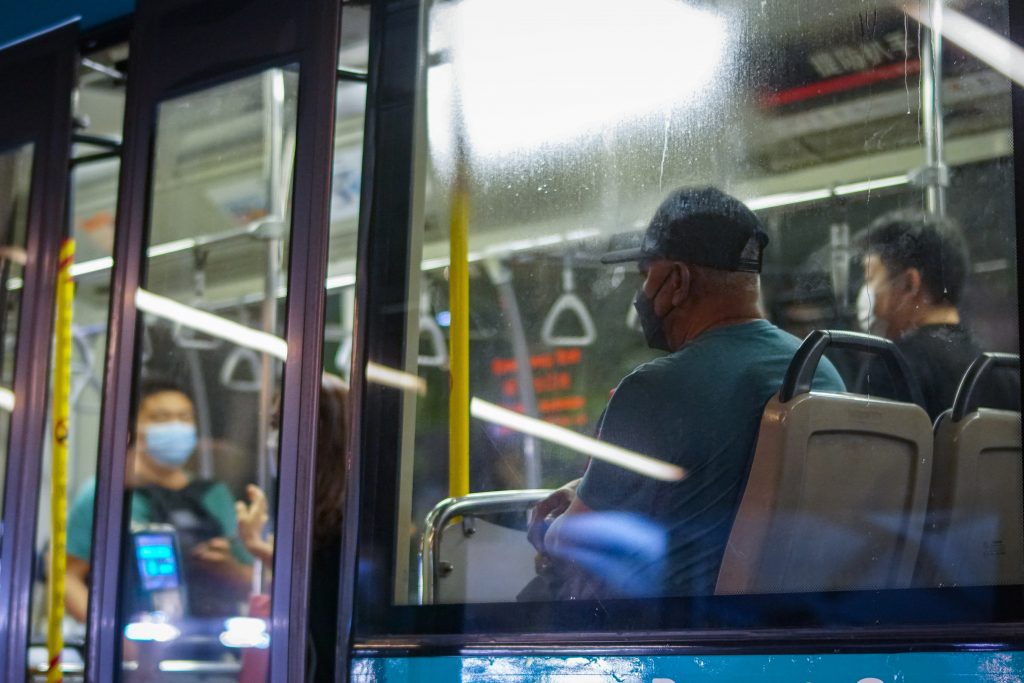
Learning has also always been a part of Leon Boon Yung Yen’s experience. Currently in the Applied Computing CSM programme, the 26-year-old started in a very different industry: he studied Product Design Innovation as a polytechnic student and started to have “some uncertainties” once he graduated.
He decided it would be best to gain work experience in his field first—he spent just over a year as an industrial designer. “Design can be very subjective, and I am more of a logical, rational thinker,” he explains, adding that his current field interests him over being “built upon layers of structured information.” After some deliberation, he quit his job to enrol in a web development bootcamp. He hasn’t looked back since.
Getting into the Applied Computing CSM programme was an unexpected opportunity. “My main goal after finishing the bootcamp was to find a job, but I also wanted to further improve myself academically. So, with this programme, I could kill two birds with one stone.”
He finds that the CSM programme is highly relevant in today’s context. “Choosing to invest more time in studies can broaden one’s array of tools and knowledge. However, application is equally important, and the programme excels in bridging the gap between theory and real-world implementation.”
Leon has found the experience so far to be valuable—he’s now working in a full-time job, surrounded by software tools he never had the opportunity to work with before. He’s also learning a lot of relevant IT knowledge in the classroom.
“You get to earn an income and have three years of actual work experience by the time you graduate,” he says of the benefits. “You also get to learn while being supported by both the company and the university.”
“I’m happier here compared to my previous role, and I’m looking forward to doing this long term,” he continues, adding that he does feel like he’s awakened a passion in the IT field.
Returning to Study
At the age of 41, Tai Kit Ping has returned to being a student.
Kit first graduated with a degree in Physical and Health Education, opting to work at Singapore Sports Council (now known as Singapore Sport Institute) in 2002. She had spent her time coaching national athletes, running strength and conditioning session. She then took up various different vocations thereafter but had already begun gravitating towards physiotherapy, from her interest in sports and her time at SSI.
However, a degree in this field is essential in order to practice. At the time, Kit had other priorities, like taking care of her family. With the encouragement of her friends and a relative, she decided to apply for SIT’s Physiotherapy programme, securing a spot in 2019.
“The first year was challenging, and I had to learn, unlearn and relearn a lot of things,” she admits. This incidentally is part of SIT’s DNA (known as SITizen-DNA), where being able to learn, unlearn and relearn is a part of the traits encouraged among all students. Organising her time well was essential in balancing the needs of her family and managing her studies simultaneously.
Throughout the course of the programme, she found the learning process more enriching than exhausting, where modules in neurorehabilitation, cardiopulmonary and others gave her insight into how the body works and how she can help patients in their recovery.
She also underwent 30 weeks of clinical placement as part of her programme requirements, which were done while completing her academic thesis. It was a challenging process, but she found it enjoyable with the support and encouragement of classmates and friends.
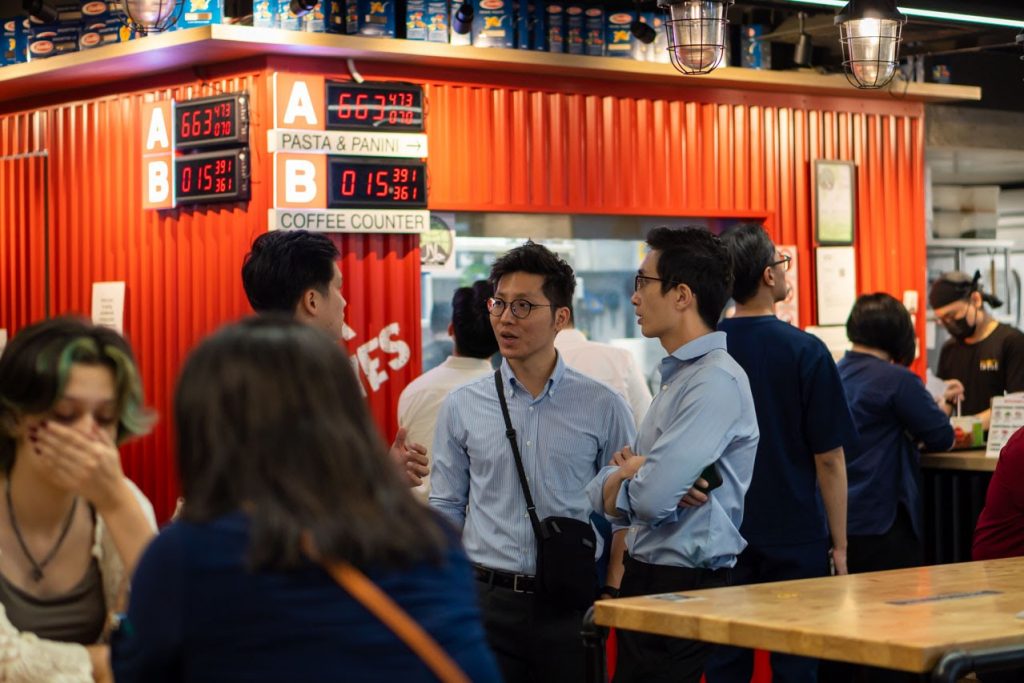
Kit graduated in 2023 and is currently working towards becoming a fully registered physiotherapist at KK Women’s and Children’s Hospital. She’s looking forward to her breakthrough in a few months’ time once it’s completed.
“Returning to the classroom and hitting the books was an indomitable challenge at the start, but everything was worth it in the end,” she remarks.
“If anyone out there is looking to change or challenge themselves by venturing into a new field, it’s good to give it a go. It may change your life—and if not, your perspective—and you’ll [find out] if this is something you want.”
Though their paths are different, all these SIT students and alumni have one thing in common: they did not rush to start university, investing time in areas suited to their own learning journey. They all ended up pursuing careers that are meaningful and important to them—whether they began by working first and then studying, invested time in their studies while working, or even made a mid-career switch.
Degrees are important, but real-world application is just as important. As we’ve learnt from these students and professionals, it’s never too late for university.

